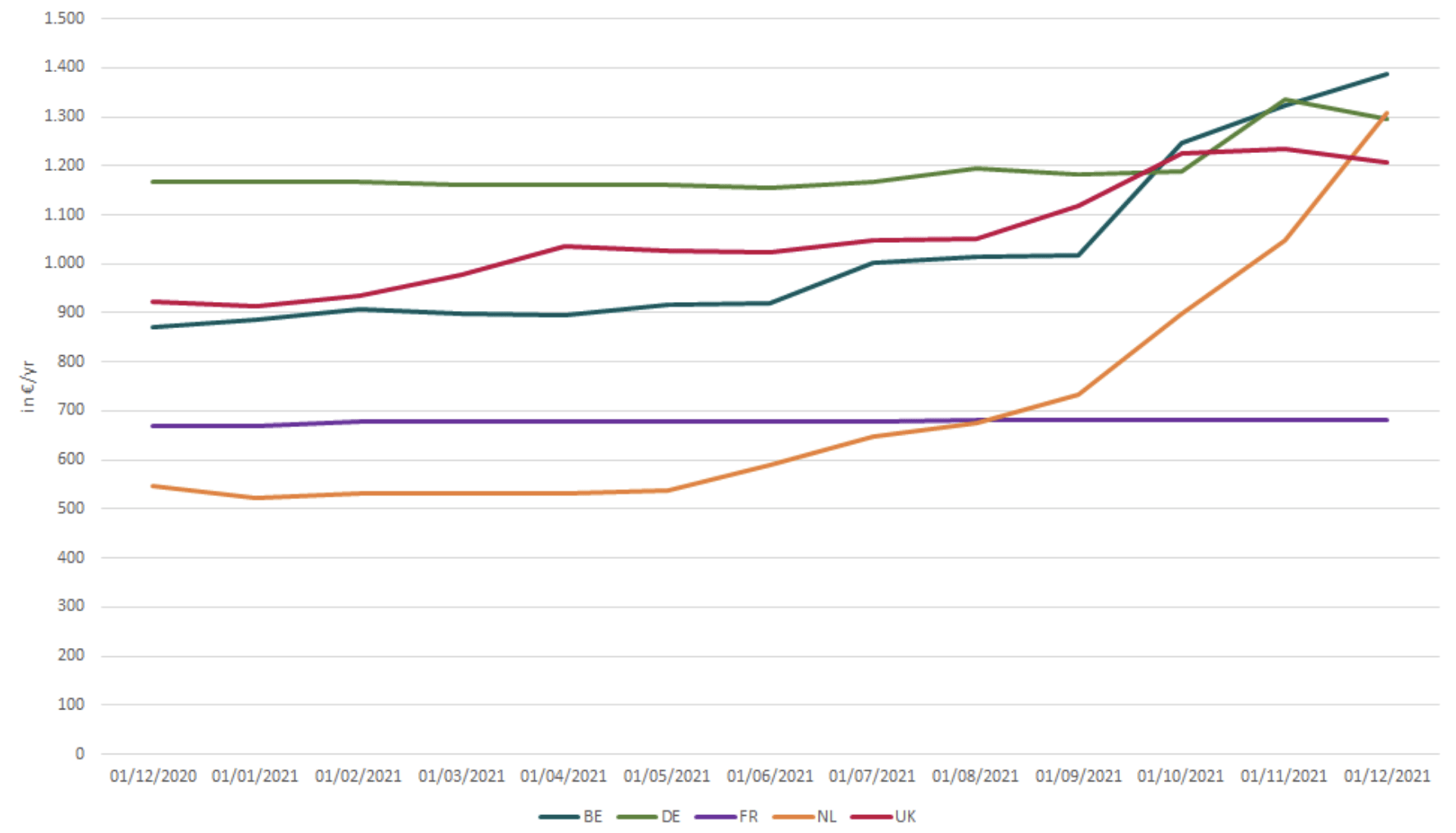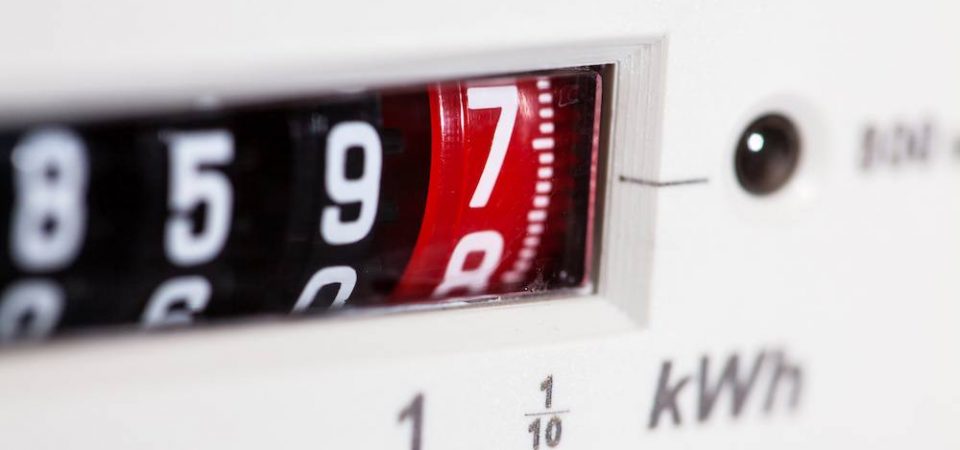After weeks of discussions, the Belgian Federal Government struck a deal overnight to implement measures to soften the hike in energy prices for consumers.
It was announced that the VAT on electricity bills is to be cut from 21% to 6% from March to July, while the social rate for around one in five households (living in social housing or low-income households on benefits) has been extended until 30 June, equating to a reduction of about €800 per household on annual energy bills.
But consumer rights organisations and politicians were quick to criticise the measures, arguing that the government was too slow to react. Other EU countries, including France and Spain, implemented measures as early as autumn last year.
Measures implemented across Europe
Spain’s government was one of the first to take action in September last year. It lifted taxes on home energy bills until May, making up the shortfall by imposing a tax on energy companies that were poised to profit from soaring market prices. This channelled about €2.6 billion from companies to consumers.
It presented the package of urgent measures after 85% of respondents to a survey by El Mundo said the government didn't do enough to alleviate the impact of the rise in energy prices on households.

Energy price rises for households (3.5 mwh), a comparison of various EU countries. Credit: CREG
Ahead of the presidential elections which are set to take place in April, France introduced a €1 billion package of measures in September.
It announced plans for a one-off €100 payment to the 5.8 million households that already receive energy vouchers – a measure later extended to 38 million people earning less than €2,000 net per month. It later extended a cap on the price of gas until the end of 2022, covering the additional costs incurred by suppliers.
The government also announced it will block the increase in regulated electricity sales tariffs at 4% (including tax) on 1 February for residential consumers. Without this intervention, the increase would have reached 35%, according to a government press release.
In the Netherlands, the Dutch government proposed measures in October to reduce energy bills for households with an average energy consumption by €400 by lowering the tax on electricity for everyone (regardless of their consumption or energy contract.
A one-off energy reduction was also granted to companies in 2022, mainly to compensate SMEs with higher energy consumption.
Households with an income at or just above the social minimum receive a one-off payment of approximately €200 to pay the higher energy bills. The government allocated an extra €150 million to help better insulate these homes.
In Germany, electricity prices were the highest in the European Union, according to a Eurostat report. But until October last year, the government didn't intervene to protect consumers. It then announced the EGG levy would be significantly reduced to reach the same level as in 2012. In real terms, this means a drop from 6.5% to 3.723% per kilowatt hour (kWh) for consumers – a reduction of around 43%.
European Union
In light of the rising prices, the European Commission noted in a press release on Monday that the current situation highlighted the urgent need for the energy transition. This will "increase the EU’s autonomy and reduce its dependence on imported fossil fuels from international suppliers."
It stressed that Member States can take measures to mitigate the impact of the current energy price rises on households and firms, for example by using higher revenues generated under the EU Emissions Trading System (ETS) to support vulnerable citizens.
This so-called ‘cap-and-trade' mechanism sets an absolute limit or ‘cap' on the total amount of certain greenhouse gases that can be emitted each year per country. The total revenues generated under the ETS in 2021 amounted to almost €31 billion.

